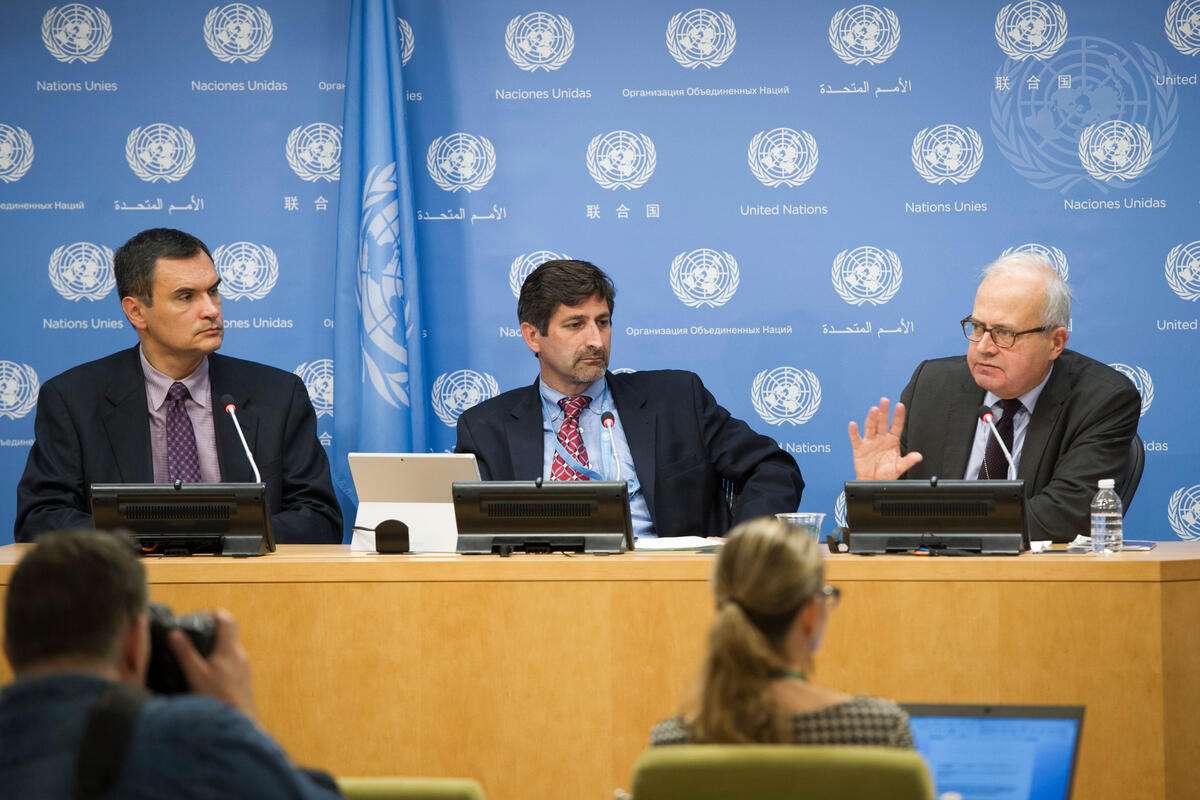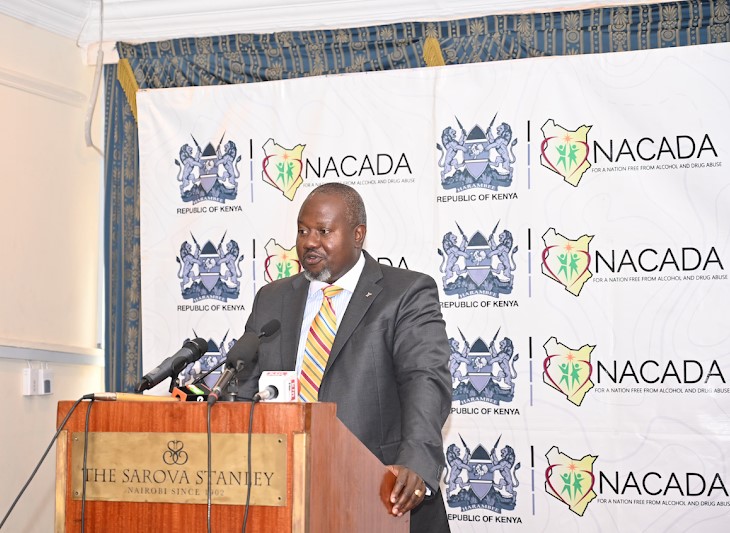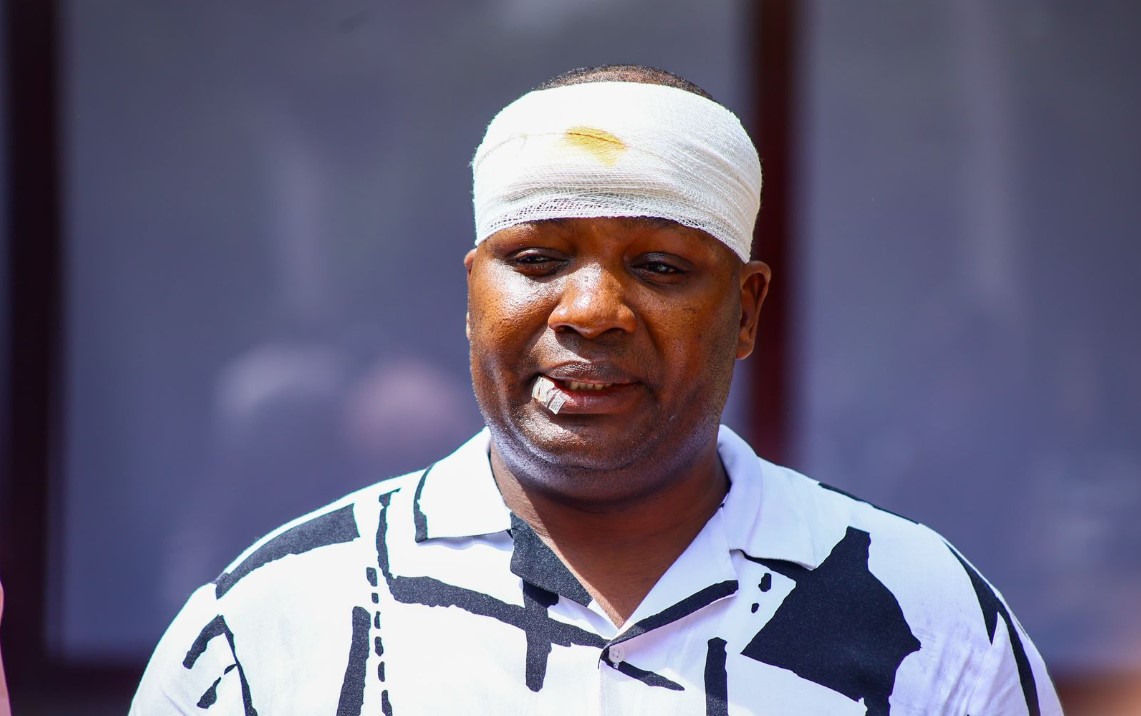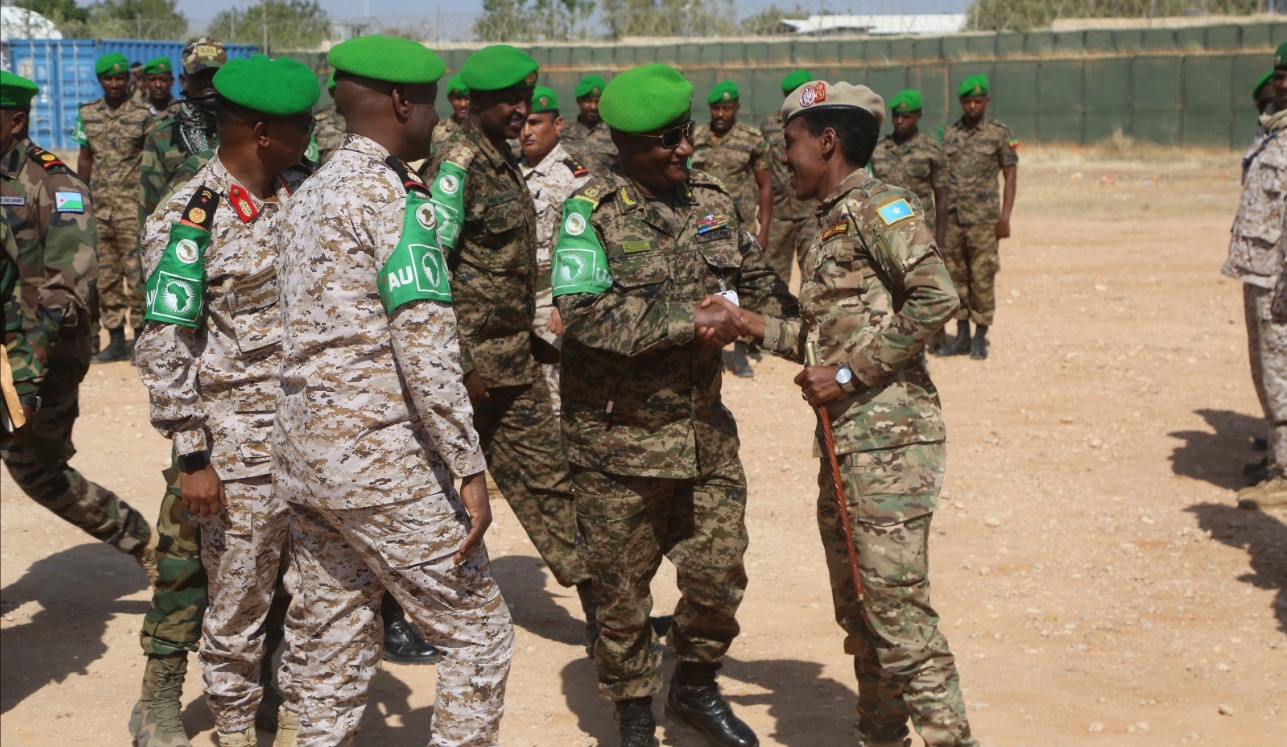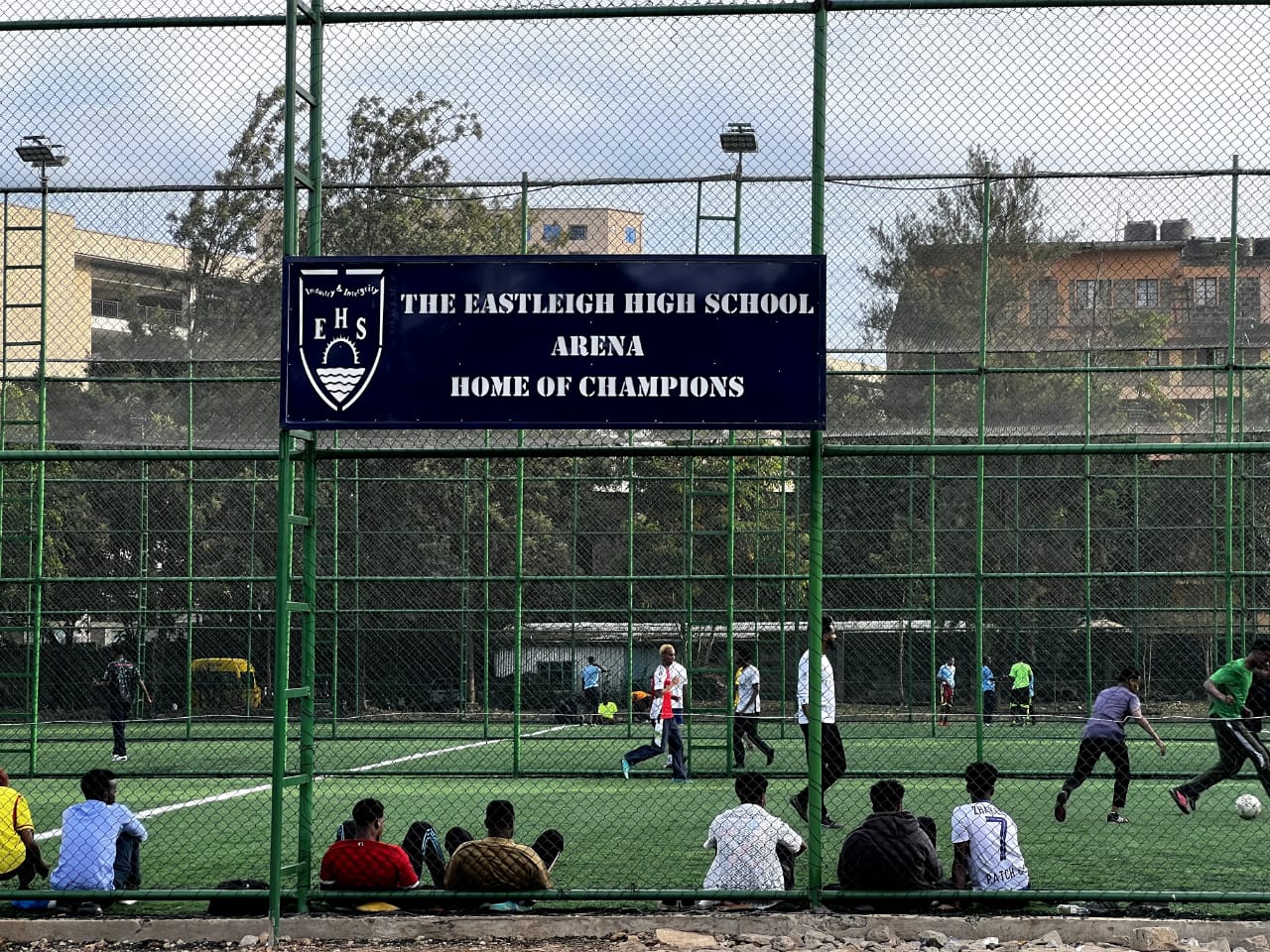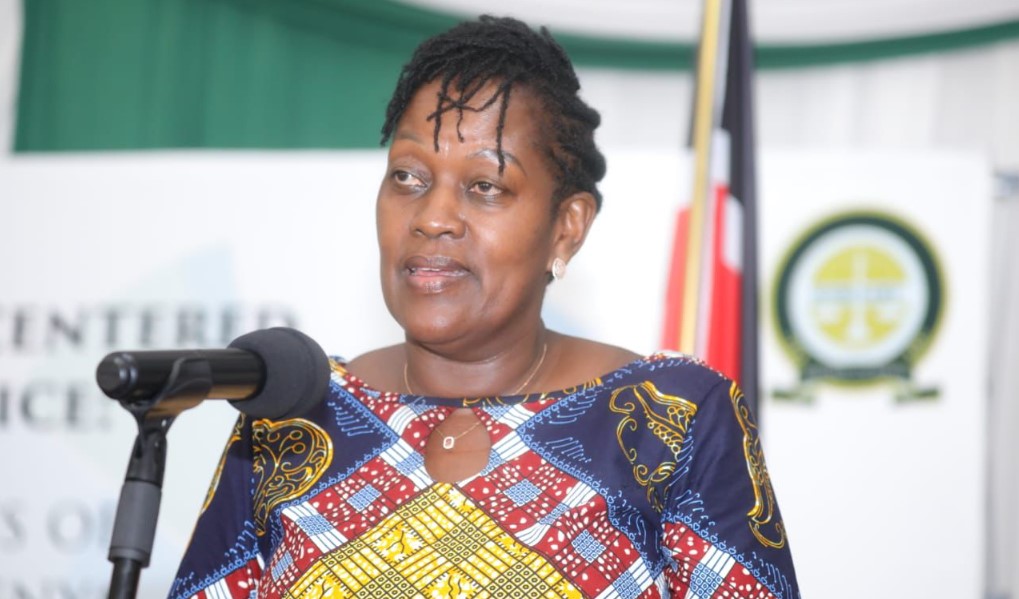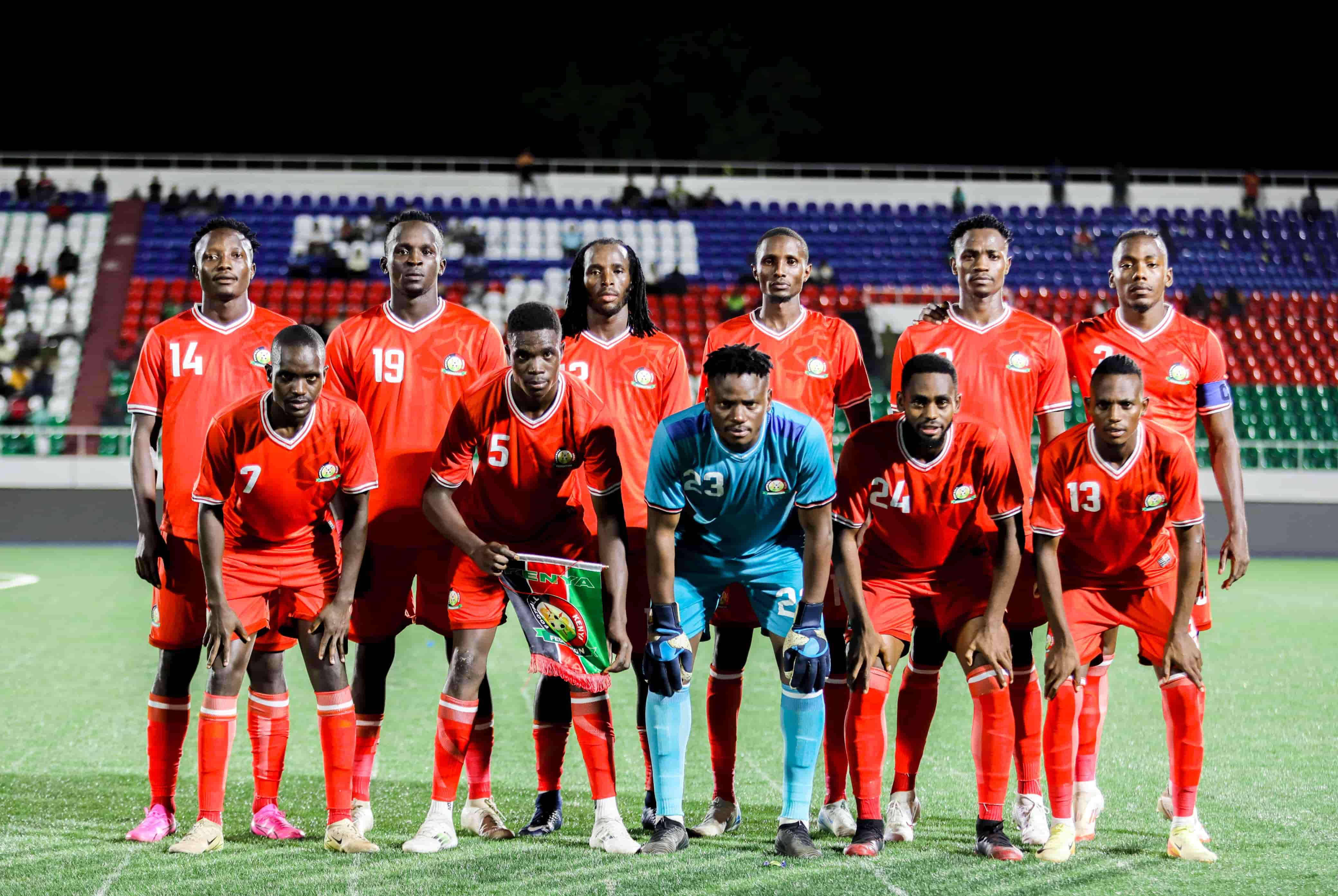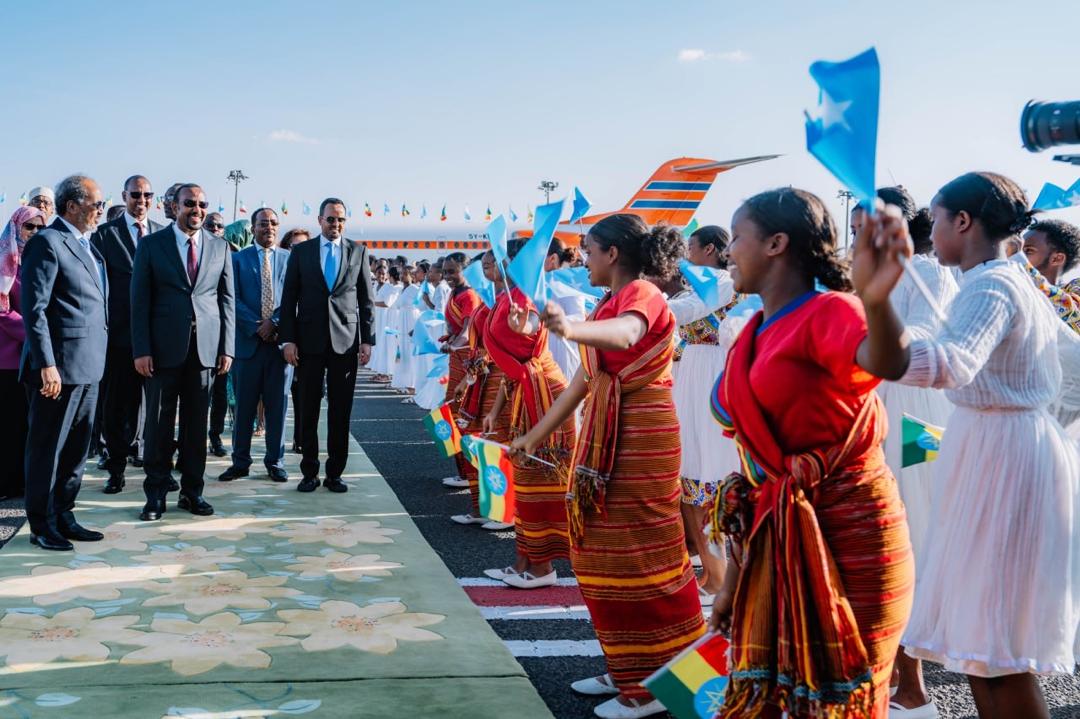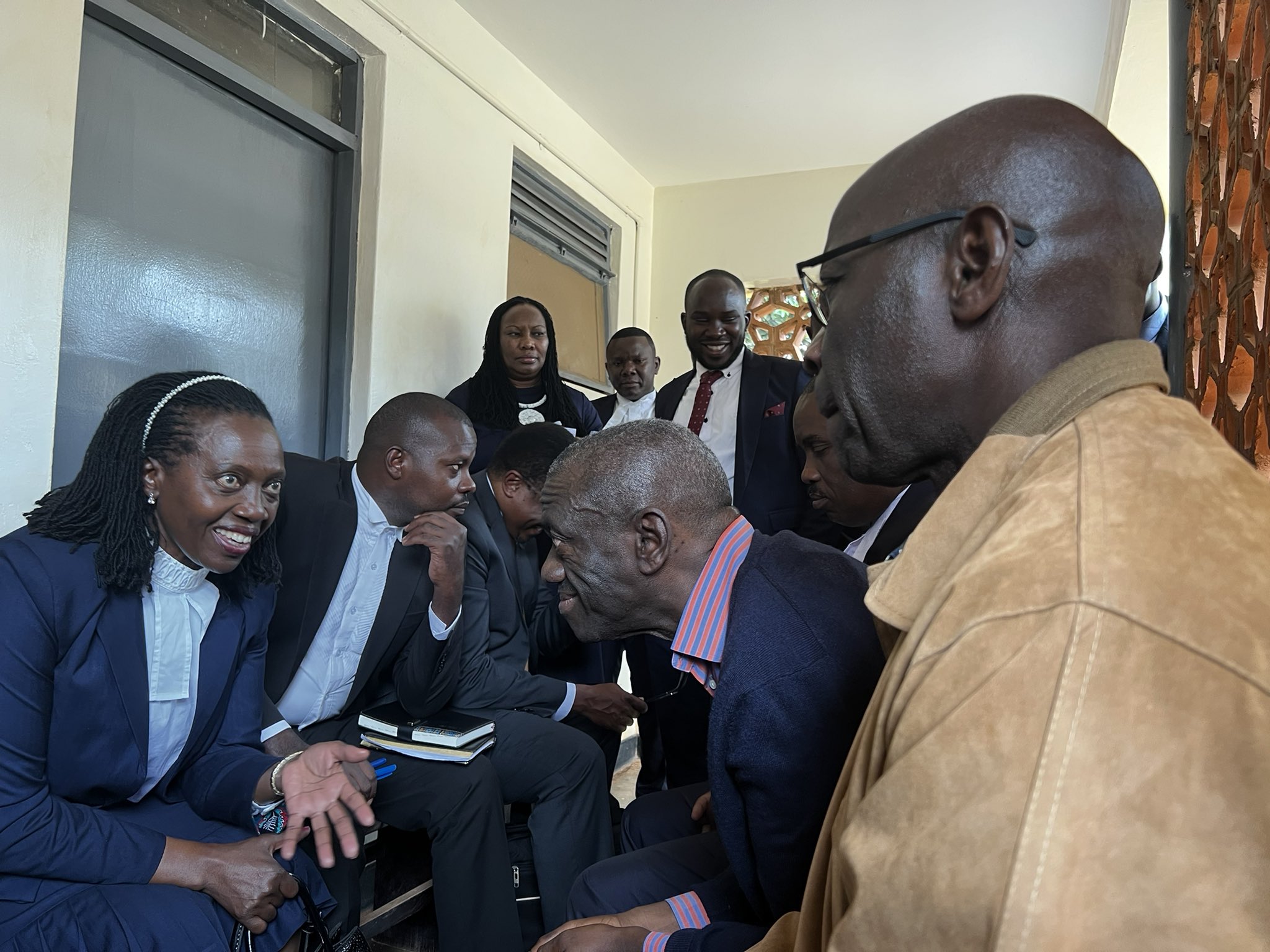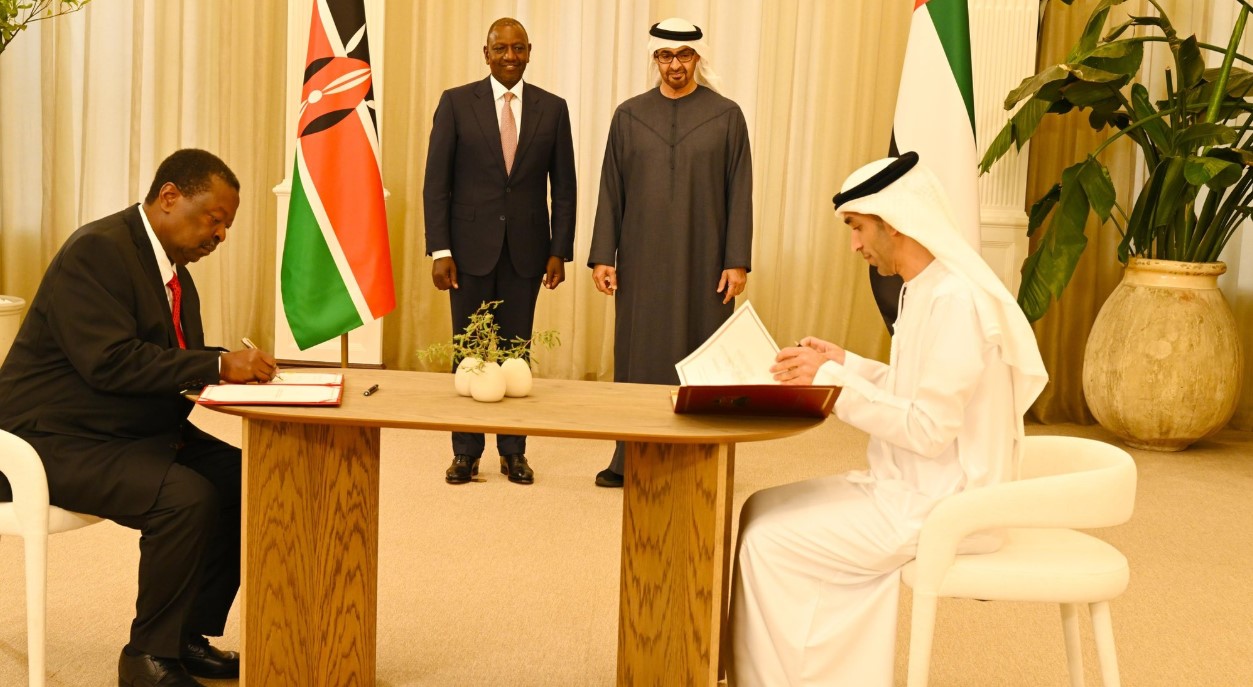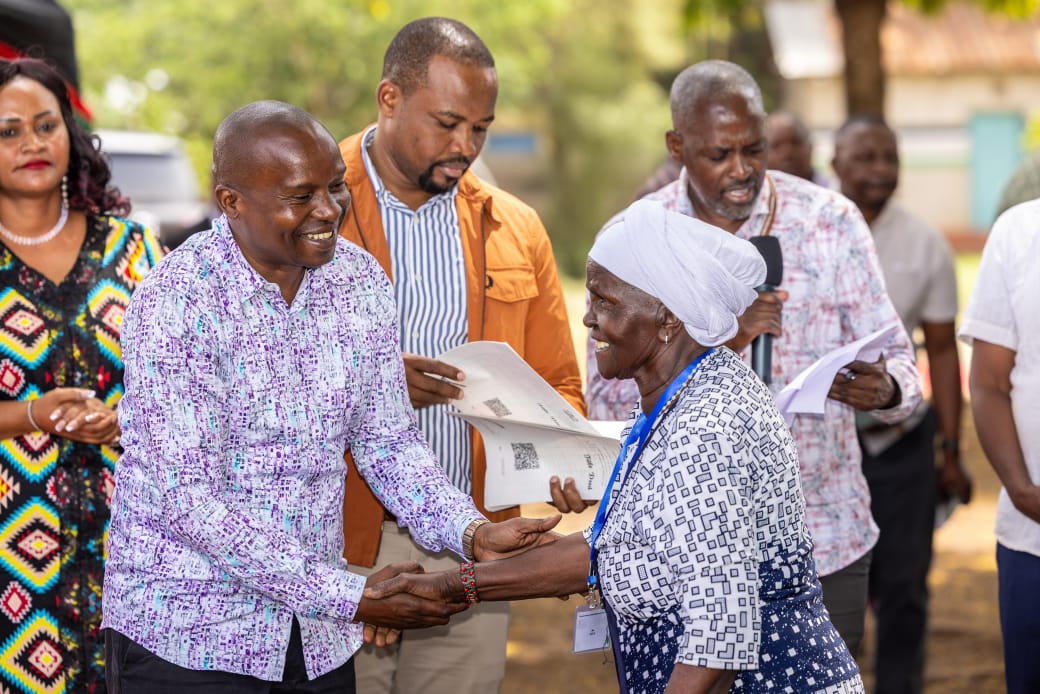The world must ‘wake up and help Sudan out of the nightmare of conflict’ says WHO’s Tedros
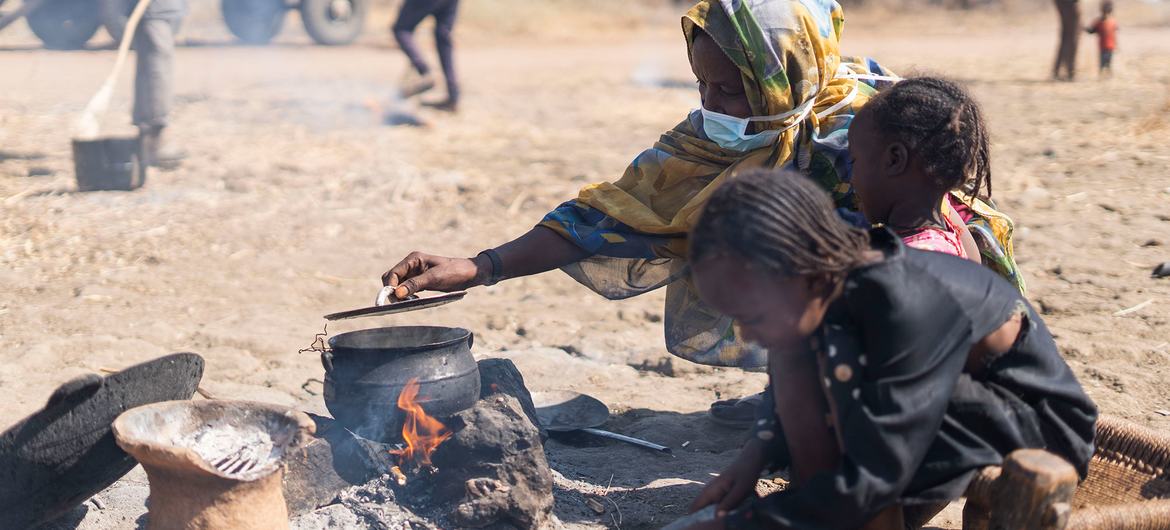
Since April 2023, Sudan has been embroiled in a deadly conflict between the Sudanese Armed Forces and the paramilitary Rapid Support Forces.
More To Read
- WHO says 8 dead in suspected outbreak of Marburg virus disease in Tanzania's Kagera region
- Kagwe: Why Sputnik vaccine was banned hours after Ruto, other leaders received doses
- Sudanese army advances to retake central city of Wad Madani from paramilitary rivals RSF
- US determines members of Sudan's RSF committed genocide, imposes sanctions on leader Hemedti
Sudan’s health system is “near collapse” after 16 months of war have left the country and its people facing what the UN’s top health official described on Sunday as the “perfect storm of crises”, which the world is largely ignoring.
“The scale of the emergency is shocking, as is the insufficient action being taken to curtail the conflict,” said Tedros Adhanom Ghebreyesus, Director-General of the UN World Health Organization (WHO).
Speaking to reporters from the Red Sea City of Port Sudan, Dr. Tedros said the conflict had so far killed more than 20 000 people – thought that number is likely higher – and sparked the world’s largest internal displacement crisis, displacing over 10 million people inside the country, and forcing another two million to flee to neighbouring countries.
 Displaced women, accompanied by a child, sit and stand outside a makeshift tent at a school turned into a shelter, in Port Sudan, Sudan, August 29, 2024. (Photo: REUTERS/Abrahim Mohammed Ishac)
Displaced women, accompanied by a child, sit and stand outside a makeshift tent at a school turned into a shelter, in Port Sudan, Sudan, August 29, 2024. (Photo: REUTERS/Abrahim Mohammed Ishac)Displaced women, accompanied by a child, sit and stand outside a makeshift tent at a school turned into a shelter, in Port Sudan, Sudan, August 29, 2024. (Photo: REUTERS/Abrahim Mohammed Ishac)
‘Crisis falling on deaf ears’
Since April 2023, Sudan has been embroiled in a deadly conflict between the Sudanese Armed Forces and the paramilitary Rapid Support Forces.
Following 500 days of fighting, in addition to the mounting death toll and soaring numbers of internally displaced people, catastrophic seasonal floods have further harmed vital infrastructure, disease outbreaks such as cholera and malaria are on the rise, numerous cases of conflict-related sexual violence have been reported, and famine is occurring in some areas of the country.
As he wrapped up his two-day visit, Dr. Tedros stated, “25.6 million people – over half of Sudan’s population – are expected to face high levels of acute food insecurity.” He also noted that 70 to 80 percent of the country’s health facilities are not operating at full capacity.
Despite these sobering statistics, and WHO’s sounding the alarm since the conflict began while working with partners to meet some of the challenges, “the international community has seemingly forgotten about Sudan and is paying little heed to the conflict tearing it apart, with repercussions in the region,” said Dr. Tedros.
 Families displaced by RSF advances in Sudan's El Gezira and Sennar states shelter at the Omar ibn al-Khattab displacement site, Kassala state, Sudan, July 10, 2024. (Photo: REUTERS/ Faiz Abubakr)
Families displaced by RSF advances in Sudan's El Gezira and Sennar states shelter at the Omar ibn al-Khattab displacement site, Kassala state, Sudan, July 10, 2024. (Photo: REUTERS/ Faiz Abubakr)Families displaced by RSF advances in Sudan's El Gezira and Sennar states shelter at the Omar ibn al-Khattab displacement site, Kassala state, Sudan, July 10, 2024. (Photo: REUTERS/ Faiz Abubakr)
‘The best medicine is peace’
“The conflict has left some 25 million people…in dire need of humanitarian aid. Of these, 14.7 million require urgent assistance for a range of life-saving support, for which the humanitarian sector has requested $2.7 billion dollars, which is less than half funded.”
He called for a range of actions that could save millions of lives: protection of health facilities, health workers and patients – health should not be targeted; sustained access to deliver supplies and aid; scaled-up disease surveillance and vaccination coverage; and “a massive increase in finances from the international community to scale up the response.”
“We are calling on the world to wake up and help Sudan out of the nightmare it is living through,” the UN health chief declared and said an immediate ceasefire is needed, leading to a lasting political solution.
“The best medicine is peace,” he added.
Trending
